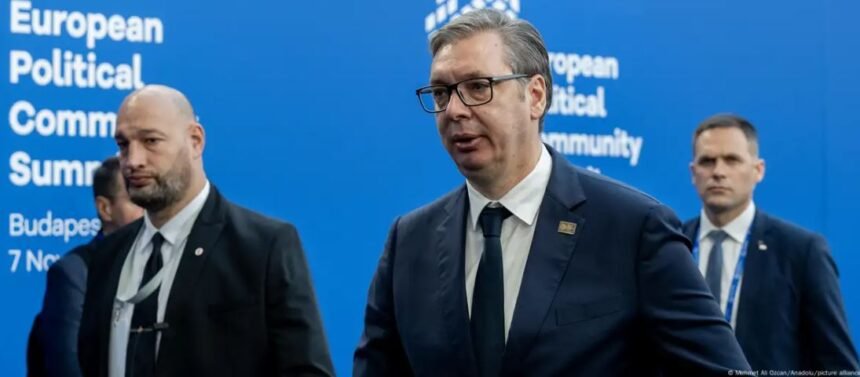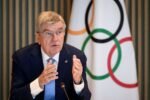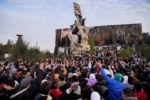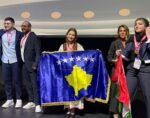Last week, Kosovo experienced a series of attacks: first, a hand grenade exploded near a police station in Zveçan, a northern town predominantly inhabited by Serbs. Days later, another grenade exploded at Zveçan’s municipal building. Soon after, a blast damaged a crucial water channel near Mitrovica, vital for northern Kosovo’s water supply and cooling the power plant.
The responsible parties remain unclear, with both the Serbian and Kosovo governments accusing each other. However, the European Union condemned the attack on the Ibar-Lepenc canal as a “terrorist attack,” with Josep Borrell, the outgoing EU foreign policy chief, calling it an “abhorrent sabotage against Kosovo’s critical civilian infrastructure.”
Since 2022, violent actions and threats from Serbia towards Kosovo have escalated. In September 2022, a Serbian paramilitary group armed with weapons from the Serbian armed forces attacked Kosovo police officers. The EU condemned the attack as a “terrorist act,” but no further action was taken. Later, Serbian President Aleksandar Vučić moved his armed forces closer to Kosovo, and only U.S. and NATO interventions stopped his tanks.
The situation worsened in May 2023, when Serbian forces attacked NATO’s peacekeeping force, KFOR, injuring 90 soldiers. The violence in Kosovo subsided after NATO increased its presence to nearly 5,000 troops by the end of 2023.
In June 2024, Vučić hosted an intergovernmental conference in Belgrade to implement the concept of the “Serb World,” a term based on the Russian concept of “Russkiy Mir.” This project mirrors the “Greater Serbia” idea promoted by the late Slobodan Milošević during the breakup of Yugoslavia in the 1990s, aimed at uniting areas with large Serb populations.
EU’s Praise for Vučić Amid Rising Tensions
In April 2024, NATO’s supreme commander for Europe, General Christopher Cavoli, urgently warned of the risk of new armed conflicts in the Western Balkans, pointing to Serbia’s role in stoking tensions in the region. Despite these warnings, the EU’s stance on Serbia remains supportive. In October 2024, European Commission President Ursula von der Leyen praised Vučić for his “outstanding work” in reforms, especially regarding the rule of law and democracy, and promised financial assistance worth hundreds of millions of euros to Serbia.
This praise contrasts sharply with reports from various institutes and NGOs. The World Justice Project ranks Serbia 94th globally for rule of law, while Kosovo is in 58th place. Transparency International ranks Serbia 104th out of 180 in its corruption index, and Human Rights Watch paints a bleak picture of media freedom in the country.
Hybrid Regime and Serbia’s Ties to Russia
Serbia’s regime under Vučić has increasingly shifted towards closer ties with Russia, China, Belarus, and Iran in military, security, political, and economic spheres. The lack of criticism from the EU, coupled with substantial, unconditional financial aid, seems to be achieving the opposite of what was intended—stabilizing the Western Balkans.
Serbia’s Deputy Prime Minister, Aleksandar Vulin, openly aligned Serbia with Russia, pledging never to betray its ties with Moscow, even as the EU and NATO urged Serbia to support sanctions against Russia. This further strengthens concerns that the EU is prioritizing economic interests, like lithium extraction projects, over democracy and rule of law in the Balkans.
Lithium as a Key Issue
Following a deal in July 2024 for billions of euros of lithium investments between Brussels and Belgrade, the Western Balkans is heating up. German Chancellor Olaf Scholz, who brokered the deal, is set to meet Vučić next week in Freiberg, Germany, to discuss “sustainable lithium exploitation.” Critics argue that this arrangement reflects a deeper EU strategy of trading democracy and rule of law for access to valuable natural resources like lithium, while overlooking the increasing authoritarianism in Serbia.







